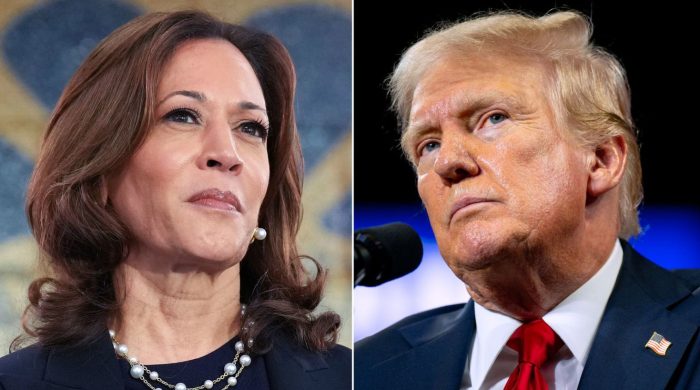Super shops exploit suppliers, run tricky offers to earn more

- Update Time : Thursday, February 25, 2021
- 219 Time View

Super shops are making hefty business by exploiting the suppliers to feed their monopoly and deceiving the consumers through dodgy money-saving offers that don’t actually save cash.
Large super shop chains are constantly pushing the consumer goods companies and suppliers to pay extra charge for branding along with self rent, market insiders said.
Companies and suppliers are also forced to pay for advertisements used in display stands set up by the super shops. Super shops also charge product enlistment fees and force new companies to give ‘free products’.
In many cases, super shops are alluring the customers to buy products at lower prices, also creating a pressure on the suppliers to maintain the standard of the products.
Super shops draw the attention of the customers through different promotional offers to sell more products supplied by various companies. Market insiders claimed that companies and suppliers are often compelled to sell their products at reduced price.
As a result, the companies have to fight in maintaining the quality of products, they observed.
The multi-buys that cost the same as buying individual items, supermarkets employ a whole host of sneaky tricks to earn more. The classic buy-one-get-one-free offer is a popular one but while real deals can be a steal, too often these offers are extremely deceptive and not actually a good deal at all for consumers.
Super shops usually run those offers on their close-expiry products and bulk amount of products, said Mohammad Mozibul Hoque, senior manager of supply chain and business development at Solidaridad Network Asia.
Usually, the supermarkets hike the price of the items during the deal that means it is actually cheaper to look for the same item not included in the promotion.
Some multi-buy offers cannot be considered as offer at all as they are pushing bulk items to consumers in the name of offers.
These marketing tactics are designed to psychologically trick consumer’s brain into thinking that they have got a good deal by getting more, even if they don’t need it.
Supply chain expert Mozibul also said the government should monitor the free and offer items that the super shops sell through advertisements on newspapers, leaflets and handbills.
“If any shops sell close-expiry products then they have to give a declaration to the consumers take approval from the government,” he added.
Salma Akhter, a resident of Mohammadpur bought one 500 ml 7up with one free pack of Kellogg’s Chocos from a super shop in her area on February 18.
She later discovered that the expiry date of the 7up was February 22 while the expiry date of Kellog Chocos was till May, she said.
Some shoppers told the Daily Sun that they usually buy different daily essential goods and household appliance under promotional offers.
Shaheen Khan, Chief Executive Officer at Gemcon Food and Agricultural Products Ltd — the parent company of Meena Bazar — said they usually offer clearance sell on products with 2-3 months to expire.
“We have a strong expiry management team to monitor the expiry date of products and we offer clearance sell at a dedicated zone,” he said.
Monjur Mohammad Shariar, Deputy Director (Deputy Secretary) of Directorate of National Consumer Rights Protection at Dhaka Division, said they have advised the super shops to be careful about the close-expiry products.

























